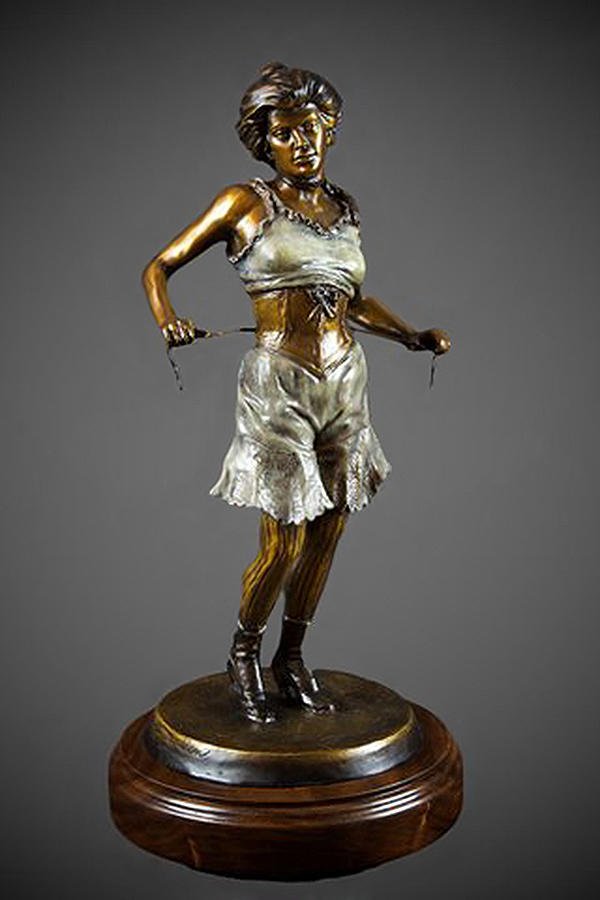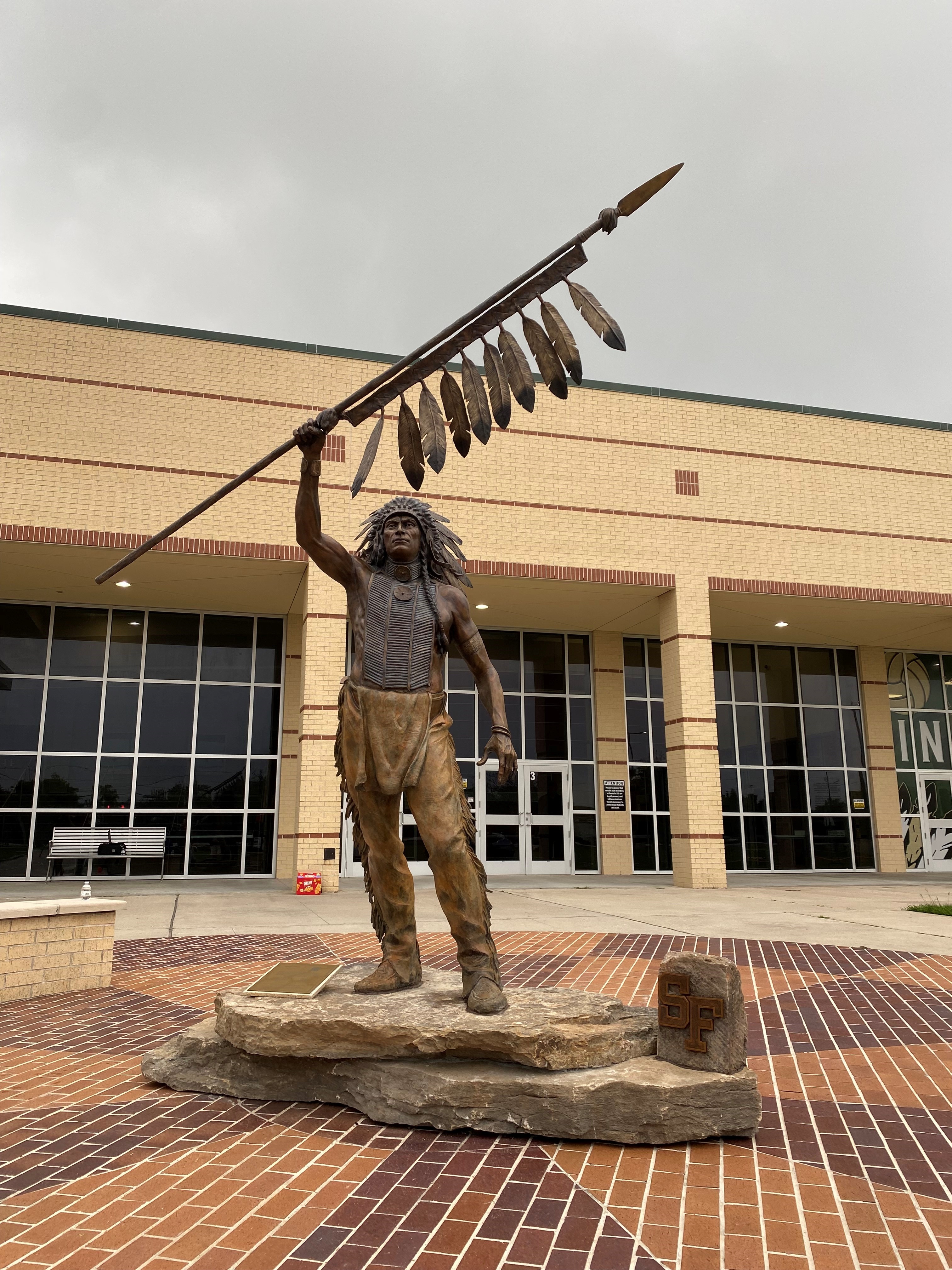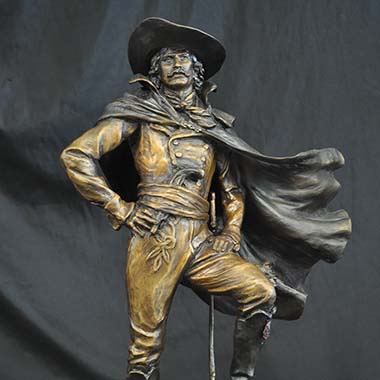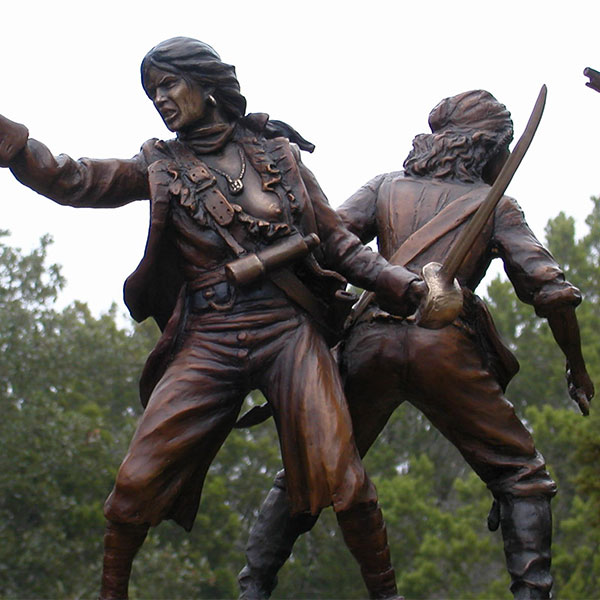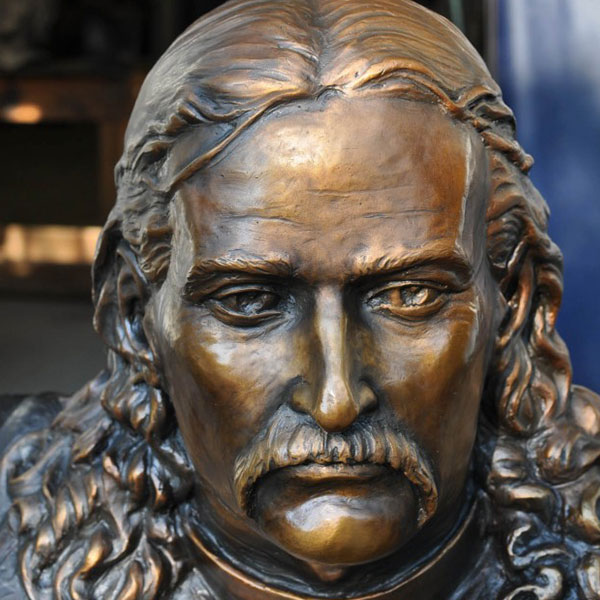Southern Comfort
THE INVISIBLE WOMEN OF THE AMERICAN WEST
Brief
Madame, Ma’am, Señorita or Squaw, every woman needed as many guts as their male counterparts to live in the American West. Even the ‘weaker sex’ encountered a world savage and brutal, including fits of Mother Nature like blizzards, droughts and tornadoes. Despite these barriers, the American frontier attracted legions of exceptional women – mavericks, loners, eccentrics and adventurers.
Like their male counterparts on the frontier, the earliest women on the western frontier were rugged individualists who angled west to escape societal pressures and do what they pleased. More often than not, ‘doing what they pleased’ was a polite way of saying they were women of easy virtue. A Forty-Niner’s poem describes some of the first women to arrive in California:
The miners came in ’49,
The whores in ’51,
And when they got together
They produced the native son.
Many women came West to escape their past. Others felt restricted by Eastern society and wanted to create a future in this new land of opportunity. All were hoping against hope, and many had nothing to lose. Fortune, fate, and circumstance caused put many of them in situations unimaginable to them, but not every woman embraced the role of a victim.
For example, Mattie Silks claimed she had never been a prostitute yet bragged that she was the youngest madame in the West. At the tender age of 19, she probably was the youngest successful madame that Denver had yet known. But Mattie wasn’t alone in her success – a Denver man described the city’s red-light district wryly: ‘Men took their liquor neat and women took what they could get their hands on.’
Many women used the brothel opportunistically. Jennie Rogers, one of Denver’s most successful madames in the 1880s caught her lover, Jack Wood, in the arms of another woman. Jennie shot him. She said she shot him because she loved him, and sure enough, when Jack recovered, she married him. Many of the women had loyal customers, and most of the men didn’t judge the girls on the line. A Dodge City patron described a favored ‘tid bit’ declaring that, ‘the only thing anyone could hold against her was her after-dark profession, and by Godfrey, I allow she elevated that considerably.’ A miner described Rosa May of Bodie, Calif., admirably: ‘She was a gal who had a smile you’d go to hell for, and never regret it.’

